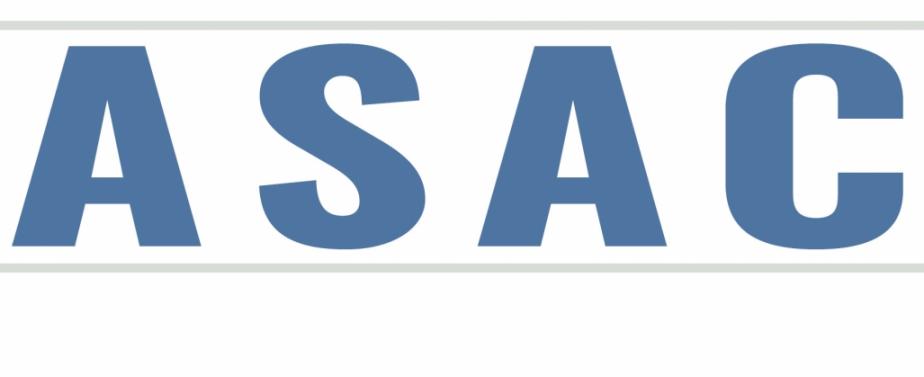Ethical Dilemmas—Deciding the Tough Cases
03/30/2023
A good employee is developing a tardiness problem that other employees have noticed. One of your largest customers complains that your best employee is disrespectful and lacks competence. A new employee is instructed by an experienced employee to do something inconsistent with policy. One of the up-and-coming employees that you have been personally mentoring makes a foolish decision and everyone in the office knows about it.
Ethical issues are woven throughout professional life, creating moral distress that requires tough decisions. Many are situations where the solution goes well beyond your day-to-day gut instincts that might have served you well in the past. To add to the challenge, adhering to zero tolerance policies that have been put in place to add clarity, fairness and consistency to our actions may make it harder to determine the most ethical, moral and fair decision that is best for everyone involved.
A good employee is developing a tardiness problem that other employees have noticed. One of your largest customers complains that your best employee is disrespectful and lacks competence. A new employee is instructed by an experienced employee to do something inconsistent with policy. One of the up-and-coming employees that you have been personally mentoring makes a foolish decision and everyone in the office knows about it.
Ethical issues are woven throughout professional life, creating moral distress that requires tough decisions. Many are situations where the solution goes well beyond your day-to-day gut instincts that might have served you well in the past. To add to the challenge, adhering to zero tolerance policies that have been put in place to add clarity, fairness and consistency to our actions may make it harder to determine the most ethical, moral and fair decision that is best for everyone involved.
In reality, many ethical dilemmas are choices between “right vs. right” alternatives. You have several options to resolve the issue and you simply need to discern the one that is the very best for everyone involved—all the employees, your customers, the company, the business’ reputation and the owner’s investment. Our challenge is not in trying to decide IF we are going to be ethical, but HOW we can be the most ethical.
Anytime we make a decision involving one employee or a client we are setting a precedent. We need to show that we are a caring, ethical and moral company and yet still follow procedures in a manner that others can use for direction in future situations.
Here are a few guidelines to decide the most appropriate solution for a tough ethical issue:
- First, get all the facts. If at all possible, slow the process down to ensure that you have all the information from all sources. Don’t make any assumptions. This process may actually speed the resolution and enhance the appropriateness of the end decision—while also accepting that additional information could make the dilemma even more confusing.
- With all the available facts, engage your moral imagination. Think of all the possibilities in a creative way that ensures all options are on the table. Consider getting outside help. Someone not aligned with the company or the individuals and not affected in any way by the outcome has a more open mind about options and opportunities.
- Once you arrive at your best option, ask yourself these questions:
- Who are all the stakeholders and what are my duties to them?
- Is this option consistent with the company’s core values?
- Would I like this option if I were the one most affected by it?
- If I work through all the potential consequences one scenario at a time, am I fine with those outcomes?
- Have we adhered to all regulations, professional codes of conduct, state and federal laws, company policies, etc.?
- Does this have a potential career limiting consequence for someone—maybe even me?
- If all the details of the situation and my decision were made public, can I easily and confidently explain and defend this action to anyone in town, my employees, other professionals in my industry, if it is shared and goes viral on Facebook—and my mom finds out?
Even though this may be stressful and seem like all the options have a negative implication, look for the positives that might come from the choices that must be made. For instance, when we take the right approach, customer complaints are a good way to show your willingness to work toward a fair resolution and actually enhance your relationship with that individual.
Resolving difficult situations in an ethical manner shows employees that our core values are the basis for tough decisions, that fairness is just as important as following strict SOP’s and policies, and that we sincerely care for every individual.
= = = =
This article and the information provided are the personal opinion and perspective of the author and may or may not be consistent with those of other ASAC Members. ASAC as an organization does not endorse any products nor advocate positions on issues.
= = = = =
Posted by:
Don Tyler
ASAC Board Member
Post a new comment







